Navigating a virtual book tour

By Shelly Frome
Professor of Dramatic Arts Emeritus at the University of Connecticut
firstwriter.com – Thursday September 29, 2011
Like any venture, there are certain factors at play before considering a virtual book tour. Assuming, of course, the goal is to improve your “platform” beyond your friends and acquaintances on Facebook, etc. and your fans at the local bookstore. The first step then is to determine your niche. Otherwise the success rate via this particular promotional tool becomes more problematic.
In other words, given the feedback you’ve received from editors, reviewers, others who’ve encouraged you, book groups or what-have-you, what are the chances your latest work will instantly appeal to a wide range of readers and increase sales? Moreover, how does this effort of yours potentially measure up? If we’re talking about fiction, among the standard categories are mysteries and thrillers, horror, romance (contemporary, historical, time travel), science fiction, fantasy and the like. If your work is literary and/or falls outside any typical genre, the marketing prospects dwindle. The manager of any given tour may have some difficulty setting up a number of stops because each and every site is geared for readers of a certain kind of book and even a certain kind of author.
By the same token, this yardstick applies to nonfiction as well. Even if your work fills a significant gap, it still has to centre on topics like social, political and religious issues, parenting, struggles with addiction and relationships, how to reinvent yourself during the downturn in the economy, pitfalls and strategies in starting your own business and so on and so forth. Because, no matter how you look at it, the realities are that online marketing is set up for special interests.
And that, as they say, is just for openers. A tour runner may tell you that readers from all over the globe log on to just about anything, you’ll get access to top search engines, coverage in prestigious online publications and exposure to millions of book buyers. However, on the basis of personal experience, all of this promotional hype should be taken with the proverbial grain of salt. It’s true you’ll be asked to write a summary that will draw in readers that’s as provocative as an ad for a best seller plus a short promising bio. Hopefully your photo on a personalised tour page will enhance your chances. But everything rests on how attractive any of this will be to potential hosts. Simply put, the hosts who operate these sites are looking for guest posts that are especially apt and compatible.
Next, assuming you’ve cleared this initial hurdle, there are other things you should keep in mind. More often than not, once you’ve signed on you’ll be sent a set of interview questions to accompany each scheduled stop. (Again, the number of stops all depends, along with the timeframe of your promotional package.) These questions, in turn, tell you a great deal about the personality of the host, the exact nature of his or her site and the types of books and authors favoured. For example, take this sampling I received from a number of hosts from various national and international blogs:
When did you first realise you wanted to be a writer? Which of your characters would you most like to invite to dinner and why? Is there a particular message you want readers to grasp? What books have influenced your life most? Who are your favourite authors? What books are you reading now? Are you immensely disciplined, writing a set number of words every day, or are there times when you can’t get started? Some authors claim that desk research is enough to get important details right or do you insist on firsthand research? If your novel were to be made into a film, which popular actor would be featured? What are you writing now and what are your plans for a sequel?
As you can see, these are all leading questions. Are you whimsical, expert, spiritual, old school, prolific or trendy enough to meet their criteria?
By the same token, if you happen to be the right kind of author you may find you’ve gathered a number of good reviews; if not, you may be in store for the exact opposite. As a case in point, my trans-Atlantic “cozy” recently received high praise from a host in the United Kingdom while, at the next stop, the tour was cancelled because the writing was judged to be substandard according to conventional accepted usage because "sentence fragments were incorporated and in one descriptive passage the unfortunate phrase ‘in this neck of the woods’ was utilised."
On balance, there is no telling what any of this will mean in terms of a spike in sales. Or how, say, an assortment of twelve interviews, fifteen interviews coupled with a majority of good reviews, one cancellation and two mixed reviews, plus two or more stops that never materialised because the site wasn’t updated will eventually play out. It’s also possible that a number of people who log onto these sites may be aspiring writers simply looking for tips.
On the other hand, there’s the opportunity to scan the interviews and the critiques other guests have received who are trying to succeed along more or less the same path. You can then take into account the kinds of work they’ve done to date and the direction they’re heading in. In this ever changing pursuit, getting some clear idea how comparatively well you’re doing might just be worth the candle. If you’re willing to take the risk, that is, and have a keen sense of integrity so you can take this all in with the proverbial grain of salt..
About the Author
Shelly Frome is a professor of dramatic arts emeritus at the University of Connecticut, a former professional actor, a writer of mysteries, books on theatre and film, and articles on the performing arts that have appeared in a number of periodicals in the United States. and the United Kingdom. A member of Mystery Writers of America, his fiction includes the noted Hollywood novel Tinseltown Riff, The Twinning Murders (a trans-Atlantic cozy in the British village tradition), Lilac Moon and Sun Dance for Andy Horn. Among his works of nonfiction are the acclaimed The Actors Studio and texts on the art and craft of screenwriting and writing for the stage. He lives in Litchfield, Connecticut.




 How I got my book published - An interview with author, Marion Grace Woolley
How I got my book published - An interview with author, Marion Grace Woolley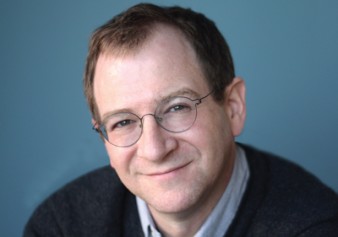 A Book Well Worth the Wait
A Book Well Worth the Wait Between the novel and the book
Between the novel and the book Bulletproof book proposals: three solutions you can implement right now
Bulletproof book proposals: three solutions you can implement right now 5 Truths to Contemplate Before You Start Writing Your Book
5 Truths to Contemplate Before You Start Writing Your Book How I got my book published - An interview with author, Stephen Nuttall
How I got my book published - An interview with author, Stephen Nuttall How to write a book review
How to write a book review Beginning your book's publicity plan
Beginning your book's publicity plan A Simple 4-Step Process for Writing Your First Book in 100 Days
A Simple 4-Step Process for Writing Your First Book in 100 Days Ever wondered how a book gets published?
Ever wondered how a book gets published? How I got my book published - An interview with author, James J. Garber
How I got my book published - An interview with author, James J. Garber The book agent's touch
The book agent's touch Book proposal writing made easy
Book proposal writing made easy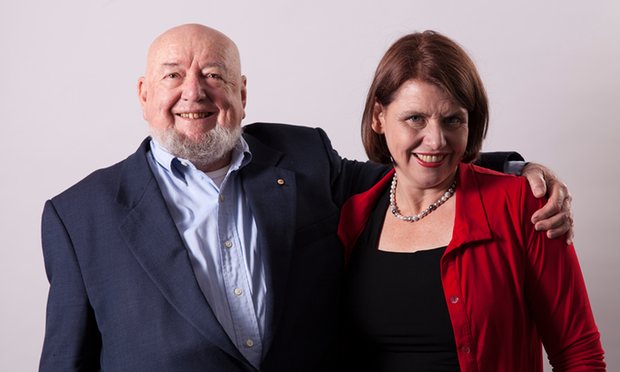 Writing a book with your dad is hard. It's harder if your dad is Thomas Keneally
Writing a book with your dad is hard. It's harder if your dad is Thomas Keneally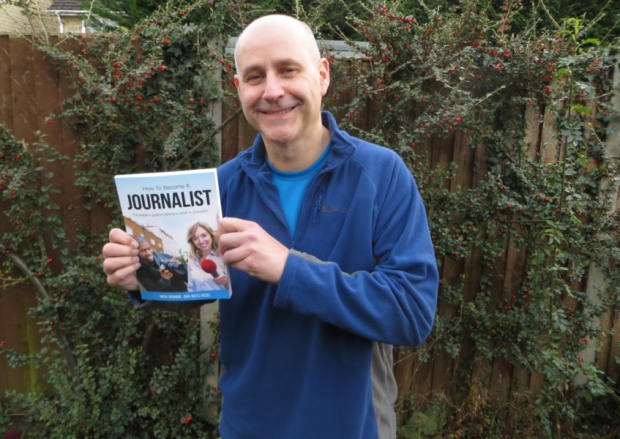 Melton Times reporter Nick Rennie shares the secrets of writing and self-publishing your own book
Melton Times reporter Nick Rennie shares the secrets of writing and self-publishing your own book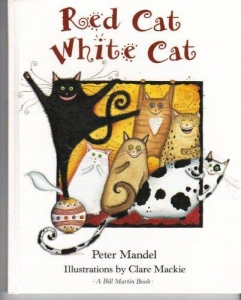 Why Do Magazines and Book Publishers Rip Off Ideas? (Because They Can.)
Why Do Magazines and Book Publishers Rip Off Ideas? (Because They Can.) Is 2017 Your Year To Write And Publish A Book?
Is 2017 Your Year To Write And Publish A Book? New magazine announced for writers and readers in Wales
New magazine announced for writers and readers in Wales Launching Discoveries 2025
Launching Discoveries 2025 Rachel Richardson launches the Rich Lit literary rights agency
Rachel Richardson launches the Rich Lit literary rights agency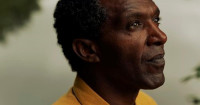 Bridport Prize Memoir Award 2024 competition nears deadline
Bridport Prize Memoir Award 2024 competition nears deadline Spread the Word relaunches London Writers Awards for 2025-2027
Spread the Word relaunches London Writers Awards for 2025-2027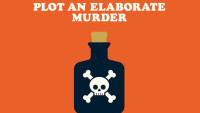 This Online Writing Platform Wants Budding Authors to Plot an Elaborate Murder
This Online Writing Platform Wants Budding Authors to Plot an Elaborate Murder Authors report 'worst ever delays' with advances and royalties as some forced to survive on loans — survey
Authors report 'worst ever delays' with advances and royalties as some forced to survive on loans — survey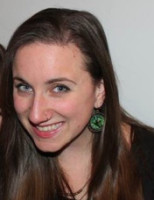 New Literary Agent Listing: Maria Napolitano
New Literary Agent Listing: Maria Napolitano New Publisher Listing: Cherry Lake Publishing Group
New Publisher Listing: Cherry Lake Publishing Group Unwin Awards submissions open in inaugural year
Unwin Awards submissions open in inaugural year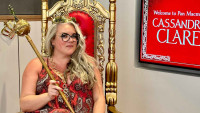 Black Crow Books: new horror publisher aims to open up 'booming' genre to everyone
Black Crow Books: new horror publisher aims to open up 'booming' genre to everyone Sebes & Bisseling hires four new agents as part of major expansion
Sebes & Bisseling hires four new agents as part of major expansion New Literary Agent Listing: Jessica Leeke
New Literary Agent Listing: Jessica Leeke Agatha Christie’s holiday home set to host new writing workshops
Agatha Christie’s holiday home set to host new writing workshops A M Heath reveals plans for 'significant growth' with key promotions
A M Heath reveals plans for 'significant growth' with key promotions
